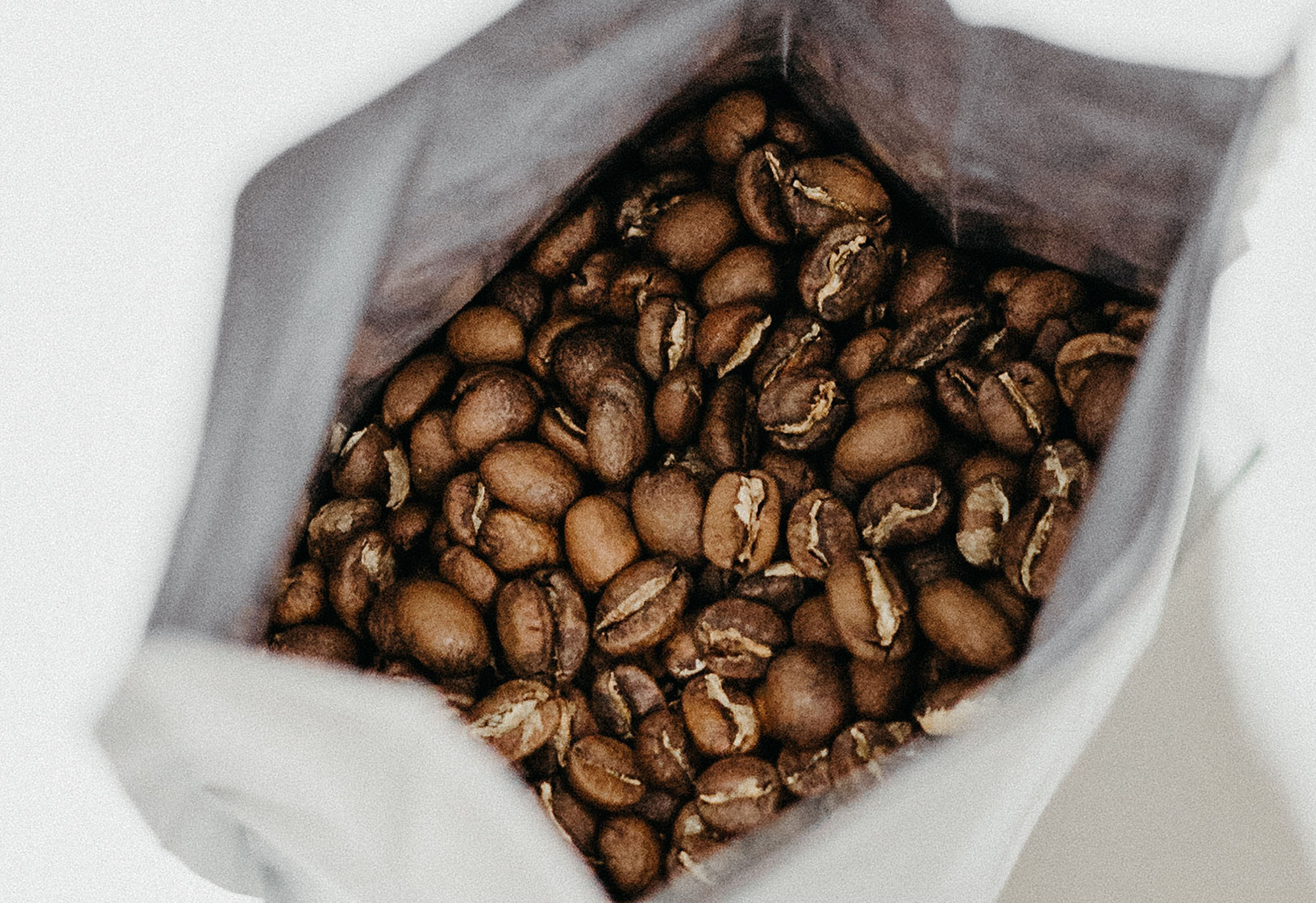What is the best way to store fresh coffee beans?

Coffee is one of the most popular beverages in the world and the actual coffee beans are the seeds of the coffee plant. The seeds are processed into coffee beans which are then roasted to produce different types of coffee. It is said that the best-tasting coffee is freshly roasted, and brewed.
If you regularly brew coffee at home, you’ve probably given a lot of thought to how to store coffee beans to retain maximum freshness and flavor.
Okay, let’s explore the ways below.
What is the best way to store fresh coffee beans?
There are many ways to store fresh coffee beans. We’re going to give you all the tips and tricks you need to preserve your coffee from purchase to sip. Some best ways are given below:
Store in an airtight container at room temperature
According to the National Coffee Association (NCA), the coffee bean’s biggest enemies are air, moisture, heat, and light, all of which break down the coffee bean’s flavor and aroma in different ways. The NCA recommends storing your beans in an airtight container that doesn’t let in too much light to protect your beans from these elements. Room temperature is fine for coffee beans, but the NCA recommends finding a spot in your kitchen, pantry, or counter that’s not too close to your stove or likely to receive strong sunlight.
The packaging your beans come in isn’t ideal for long-term storage, so it’s best to invest in a dedicated airtight coffee container. When stored this way, whole coffee beans stay fresh for up to nine months.
Store in original packaging
Many coffee experts recommend transferring whole coffee beans to an airtight container for long-term storage. Some, however, prefer to keep them in their original packaging, especially if the coffee bag has a one-way valve that lets gas out without oxygen. Gas can build up in coffee over time, but this one-way valve featured on newer coffee bag models prevents that.
How long can coffee beans be kept?
One of the greatest contributions of specialty coffee to the coffee-drinking culture around the world is the idea that freshness and quality are inextricably linked. As a general rule, an opened bag of coffee should be enjoyed within 2-4 weeks of roasting.
Allowing your coffee to rest allows for even extraction during brewing (regardless of your brew method), resulting in a sweet, balanced expression of flavor in your coffee. Using this philosophy, you can start enjoying coffee 3 days after roasting for coffee and 7 days after roasting for espresso. However, many other factors affect coffee freshness. Ultimately, how long your coffee beans will last or how long can coffee beans be kept depends on the state of the coffee and how you plan to store them after opening the bags.
Should I store coffee beans in the fridge?
Freshness is important for a quality cup of coffee. Coffee should be consumed as soon as possible after roasting, especially once the original packaging seal has been broken.
Although there are differing opinions on whether coffee should be frozen or refrigerated, the main consideration is that coffee absorbs moisture and aroma, and flavor from the air around it.
Most home storage containers still give off a small amount of oxygen, which is why food left in the freezer for long periods of time can cause freezer burn. Therefore, be sure to use an airtight container if you freeze or freeze your beans.
If you decide to freeze your coffee, quickly remove as much as you need for more than a week at a time and return the rest to the fridge before any condensation forms on the frozen coffee.
How to keep coffee beans fresh for months?
You can buy vacuum-sealed bags of beans that will keep the same freshness for months after roasting. Whole bean coffee can last 6 to 9 months in the pantry if whole beans are stored in a sealed or airtight container. Once the beans are opened and exposed to air, they last up to 6 months.
Bottom Line
The freshness of your coffee starts with the beans. Whether you choose to grind yourself or buy ready-to-drink, how you store your beans will have a huge impact on the taste and aroma of each cup.









